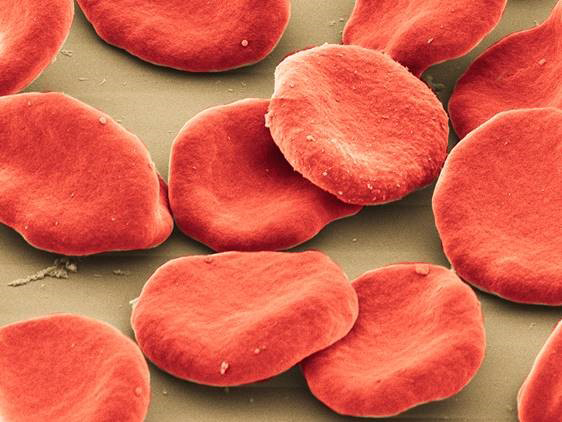A newly engineered protein-based therapy could revolutionize the treatment of carbon monoxide poisoning, offering a fast-acting antidote with fewer side effects than existing options. The therapy, known as RcoM-HBD-CCC, functions like a molecular sponge, rapidly removing carbon monoxide from the blood and restoring oxygen delivery to vital tissues.
Carbon monoxide poisoning is a serious health threat, responsible for tens of thousands of emergency visits and numerous deaths each year. It typically occurs when the gas accumulates in enclosed spaces due to malfunctioning heating systems, indoor generator use, vehicle exhaust, or smoke inhalation during fires. Once inhaled, carbon monoxide binds to hemoglobin with up to 400 times the affinity of oxygen, blocking the body’s ability to transport oxygen to tissues.
Current treatment relies on delivering pure oxygen, sometimes in a hyperbaric chamber, to help the body expel carbon monoxide. However, even with prompt treatment, many survivors suffer lasting neurological and cardiac damage. The new therapy could dramatically shorten treatment times and improve outcomes.
RcoM-HBD-CCC is based on a natural bacterial protein that detects trace levels of carbon monoxide. Scientists modified it to selectively bind carbon monoxide without affecting oxygen or other essential molecules. In animal tests, it cleared half of the carbon monoxide from the blood in under a minute compared to more than an hour with oxygen therapy and five hours without any treatment. Once bound to carbon monoxide, the protein is excreted safely through urine.
Unlike other hemoprotein-based treatments, RcoM-HBD-CCC did not cause dangerous spikes in blood pressure, a common side effect caused by scavenging nitric oxide, which regulates vascular tone. Researchers believe this is because the protein binds nitric oxide more slowly, reducing the risk of sudden vessel constriction.
The potential applications extend beyond poisoning cases. The therapy could act as a blood substitute in situations such as severe anemia, hemorrhagic shock, or acute respiratory distress syndrome (ARDS), and could also aid in organ preservation for transplantation.
Future research will focus on establishing safe dosage ranges and testing in human trials. If successful, RcoM-HBD-CCC could be administered intravenously in emergency rooms or even in the field by first responders, potentially transforming the way carbon monoxide poisoning is treated worldwide.
By directly and rapidly removing carbon monoxide from the bloodstream with minimal side effects, this innovative therapy could represent the first true antidote for one of the most common and dangerous forms of gas poisoning.

